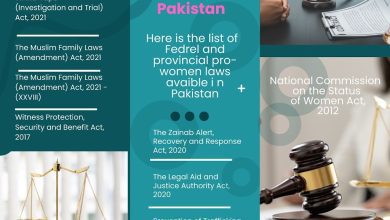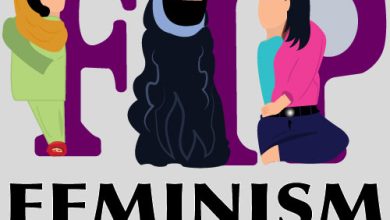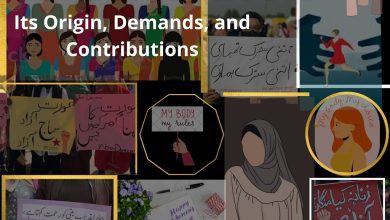What is Gender Equality?
Gender and equality are two widely used terms and have diverse meanings. The term gender means different sexes regarding economic, political, social, and cultural differences instead of biological ones, and, equality means being equal in terms of rights, opportunities, and status. Therefore, gender equality means equality in terms of resources and opportunities for different sexes, males and females, without any gender discrimination. It is a fundamental human right in which different sexes have equal access to all human rights regardless of gender differences. Gender equality is itself a primary goal, and it can be achieved through gender equity and gender neutrality practices. It is in the fifth position among17 sustainable development goals. Without them, governments cannot achieve development goals. The term gender equity means the process of being fair to both sexes, whereas gender neutrality or gender-free is about avoiding gender discrimination based on gender or sex. Gender Equality is the central component of development and is measured by the experts in three different dimensions, i.e. empowerment, reproductive health, and labor market. There is no country in the world that can have a 100% gender equality ratio up to date. There are some countries, which are having the highest ratio of gender equality like Switzerland, and many other countries have the least gender equality ratio like Yemen. The term gender equality is mostly known as women’s rights because women and Transgender groups are discriminated against gender. Sexual violence, femicide, women trafficking, sexual harassment, and wartime sexual exploitation of women are the most common issues of violence against women. According to UNICEF, “Gender equality means men and women, and girls and boys enjoy the same rights, resources, opportunities and protections as men are enjoying.’ Women as compared to men are discriminated against on an equality basis, and this discrimination against women is not just limited to certain regions, but is spread at the global level.
 |
Image by Yasin Yusuf from Unsplash
Why it is important?
Women constitute around 50% of the world’s population, but they are still deprived of equal rights like equal decision-making, equal economic participation, equal right to education, equal right to health, equal right to reproduction, and equal right to represent at all forums as compared to men. Gender Equality is crucial for the prosperity and sustainable development of the countries because it is impossible to achieve goals without having gender equality. Its absence causes severe impacts nationally and internationally. The economies cannot sustain for longer without it because it works as fuel to stimulate the development of countries.
How does it affect you?
Women are more vulnerable to gender inequalities, and they are facing more unequal behaviors than men. If women are able to get equal access to agricultural resources, they will be able to increase agricultural yields by 20 to 30percent. It can also decrease hunger and poverty by 12 to 17 percent. 60% of women and girls are facing chronic hunger as compared to men. Women have lesser access to property rights, only 20% of women are the landlord in the world. Education is a basic right and mandatory for all. There are lesser literate women as compared to men. It is reported that women make up more than two-thirds of the world’s 769 million literate people. Gender equality in educational institutions will have a positive impact on the development of societies. More girls will be able to get employment, and it not just benefits girls individually, but it has positive impacts on the countries and societies. It improves the living standards of families and increases the gross income of countries. Equal employment opportunities for both genders are important. It will be achieved if there is gender equality. Women have to face many issues like lesser employment opportunities, lesser wages or salaries, and sexual harassment in the workplace. Gender equality in reproduction is a basic right of all human beings. It means women must have the basic right to exercise their sexual and reproductive rights. Women especially in developing countries face sexual and reproduction issues. They even don’t have the right to make decisions about their sexuality and reproduction. Poor health and sexual violence can increase the burden on societies. Women are more vulnerable to poor health and serious diseases because of insecure sex and multiple childbirths. Women especially in lower classes and lower-middle classes face such types of issues because women in such families are unable to get proper care at the time of pregnancy which either leaves to disabilities or death. It increases the burden on families
and societies.
 |
| Image by Cottonbro from Pexel |
Conclusion
Gender equality is the most important factor in a country’s overall well-being and progress. Countries with less gender inequality have made significant progress. Different governments also have begun to take initiatives to guarantee gender equality. Some legislation and regulations are in the works to help females. Many campaigns are designed to raise awareness about the significance of female education. There are also a number of laws in place to empower and safeguard females and their equalities. However, there is a greater need for increased understanding of women’s rights. In addition, the government should take steps to ensure that policies are implemented correctly.




